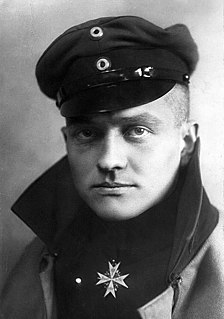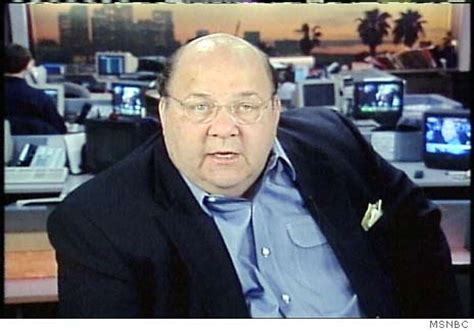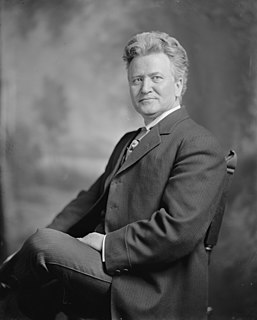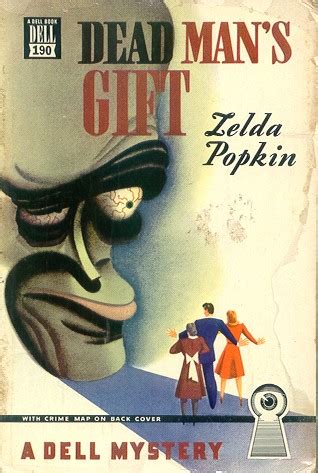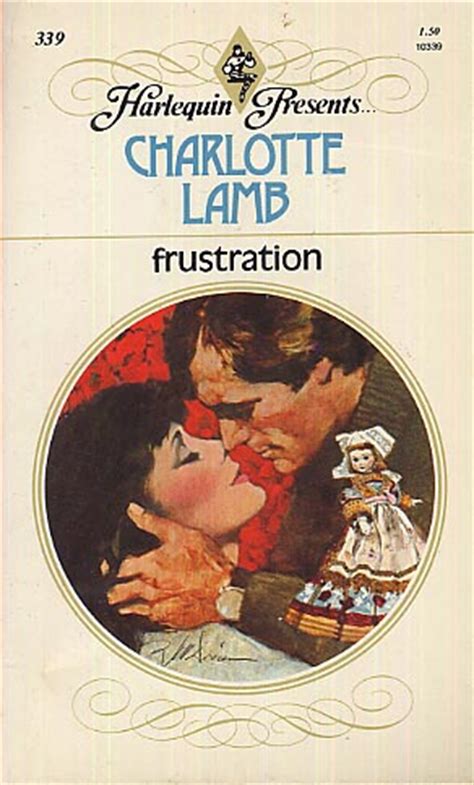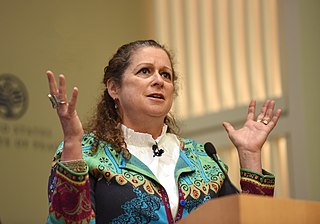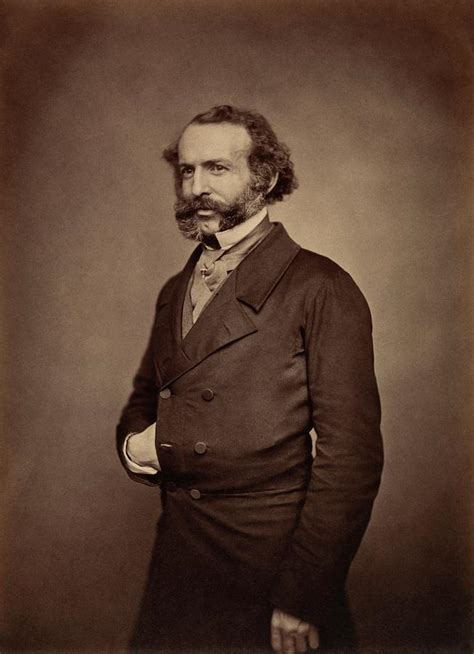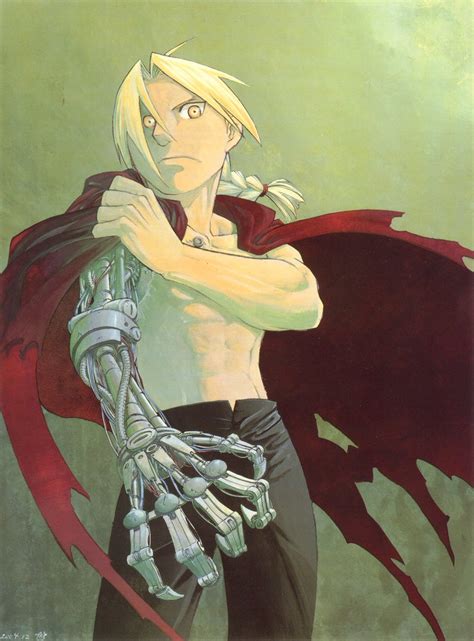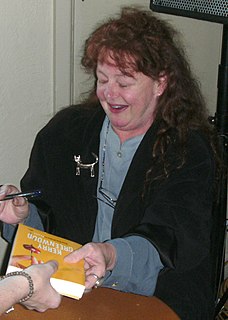Top 1200 War Stories Quotes & Sayings
Explore popular War Stories quotes.
Last updated on December 21, 2024.
We have been telling and hearing and reading war stories for millennia. Their endurance may lie in their impossibility; they can never be complete, for the tensions and the contradictions within them will never be eliminated or resolved. That challenge is essential to their power and their attraction. War stories matter.
America is at war with itself because it's basically declared war not only on any sense of democratic idealism, but it's declared war on all the institutions that make democracy possible. And we see it with the war on public schools. We see it with the war on education. We see it with the war on the healthcare system.
So I found myself telling my own stories. It was strange: as I did it I realised how much we get shaped by our stories. It's like the stories of our lives make us the people we are. If someone had no stories, they wouldn't be human, wouldn't exist. And if my stories had been different I wouldn't be the person I am.
I don't necessarily think stories have functions any more than diamonds have functions, or the sky has a function... Stories exist. They keep us sane, I think. We tell each other stories, we believe stories. I love watching the slow rise of the urban legend. They're the stories that we use to explain ourselves to ourselves.
Each of us is comprised of stories, stories not only about ourselves but stories about ancestors we never knew and people we've never met. We have stories we love to tell and stories we have never told anyone. The extent to which others know us is determined by the stories we choose to share. We extend a deep trust to someone when we say, "I'm going to tell you something I've never told anyone." Sharing stories creates trust because through stories we come to a recognition of how much we have in common.
I'm a Veteran. I was in the Navy, in the submarine corps. I come from a military family. Both of my grandparents were in World War II and retired as officers. One fought in the Pacific and one fought in Europe. The whole family was in the war. I grew up exposed to it and hearing the stories, but the stories I heard weren't kind of the whole "Rah, rah, rah! We saved the world!" They were about the personal price and the emotional price.
There is no need for historical research. The war didn't take place a thousand years ago. Over a million Iranians served at one time or another in the war fronts and most of them are living ordinary lives today and are available for interviews. These stories are largely unknown in Iran and when I tell them to my friends or students they usually laugh.
One of the reasons it's important for me to write about war is I really think that the concept of war, the specifics of war, the nature of war, the ethical ambiguities of war, are introduced too late to children. I think they can hear them, understand them, know about them, at a much younger age without being scared to death by the stories.
While many alternate reality stories ask, 'What might have been?' parallel universe stories literalize the war between good and evil that plays inside each of us every day. It's what makes this type of story so perfect for many fantasy tales: we're all just a coin flip away from being entirely different people.
Particularly when the war power is invoked to do things to the liberties of people, or to their property or economy that only indirectly affect conduct of the war and do not relate to the engagement of the war itself, the constitutional basis should be scrutinized with care. ... I would not be willing to hold that war powers may be indefinitely prolonged merely by keeping legally alive a state of war that had in fact ended. I cannot accept the argument that war powers last as long as the effects and consequences of war for if so they are permanent -- as permanent as the war debts.
You can use your means in a good and bad way. In German-speaking art, we had such a bad experience with the Third Reich, when stories and images were used to tell lies. After the war, literature was careful not to do the same, which is why writers began to reflect on the stories they told and to make readers part of their texts. I do the same.
Possibly my hatred of war blinds me so that I cannot comprehend the arguments they adduce. But, in my opinion, there is no such thing as a preventive war. Although this suggestion is repeatedly made, none has yet explained how war prevents war. Worse than this, no one has been able to explain away the fact that war creates the conditions that beget war.
In researching this volume, I interviewed veterans who had been at the front during World War II. I read countless books, examined film footage, and listened to many detailed and intense stories firsthand, but the one comment that affected me the most came from a former soldier who lowered his gaze to the tabletop and said, ‘I never watch war movies.

